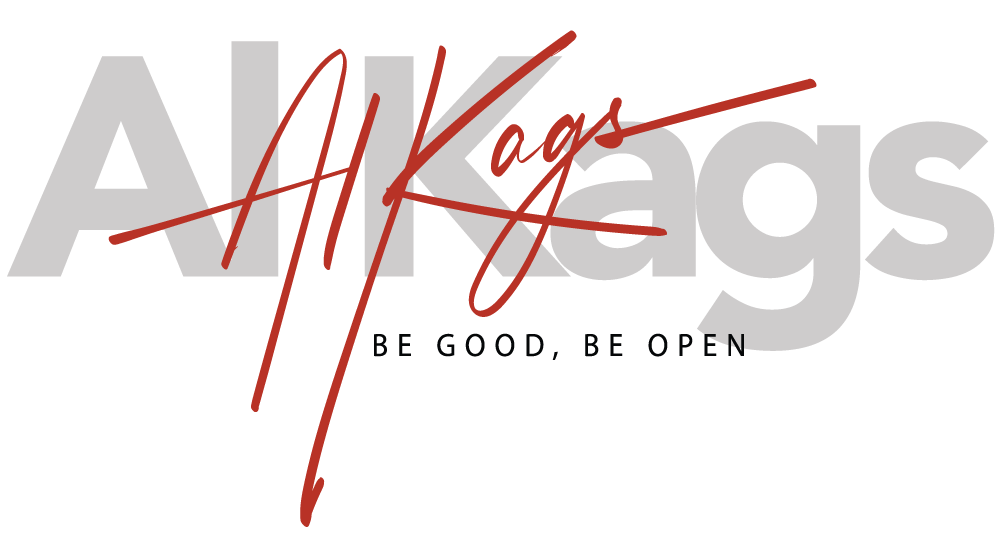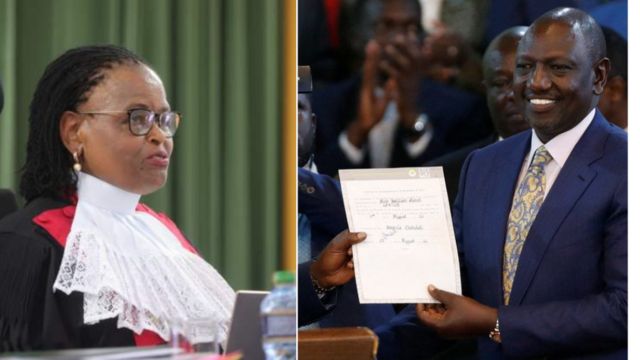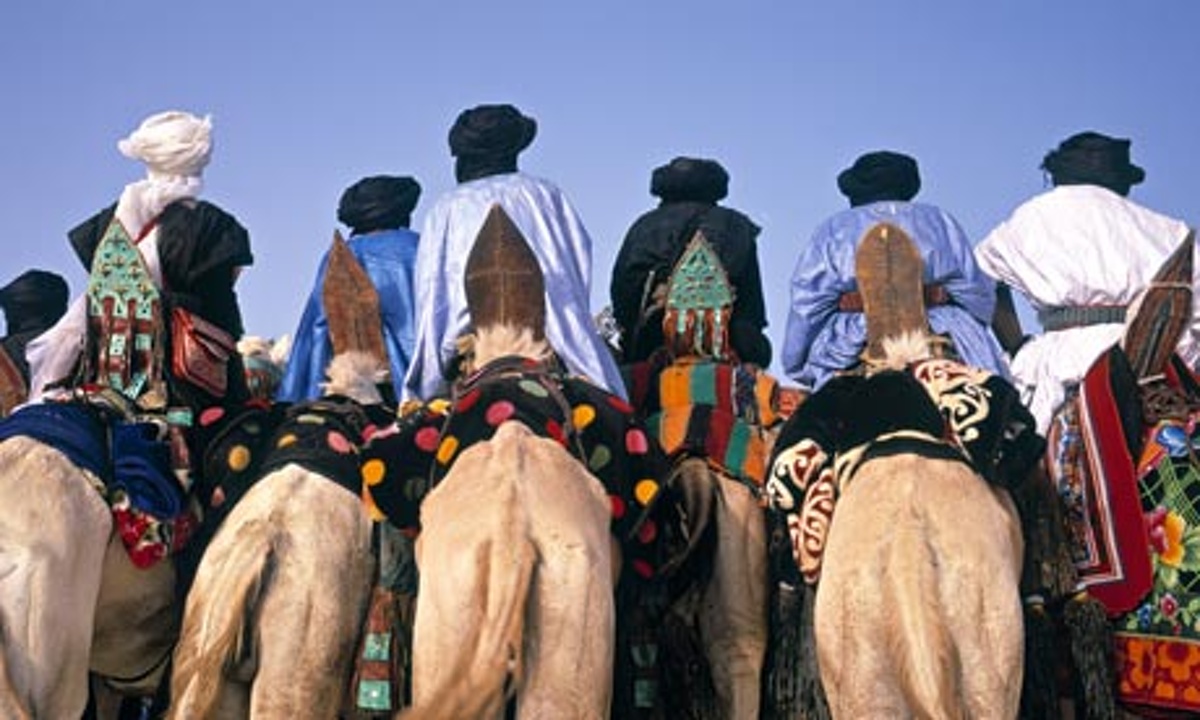Africa imports what it can produce. Yet there’s an opportunity for Africa to do a revolution in trade. Ghana gets milk from the Netherlands. Kenya brings in apples, grapes, aloe vera, and neem—plants that flourish in its own soil. Mauritius and Seychelles import meat. Nigeria spends billions on processed food. South Africa, with its massive poultry industry, still imports nearly 400,000 metric tons of chicken from Brazil and the US. Zimbabwe, despite growing sunflowers and soybeans, spent over $50.45 million importing vegetable oil in 2022. The absurdity writes itself.
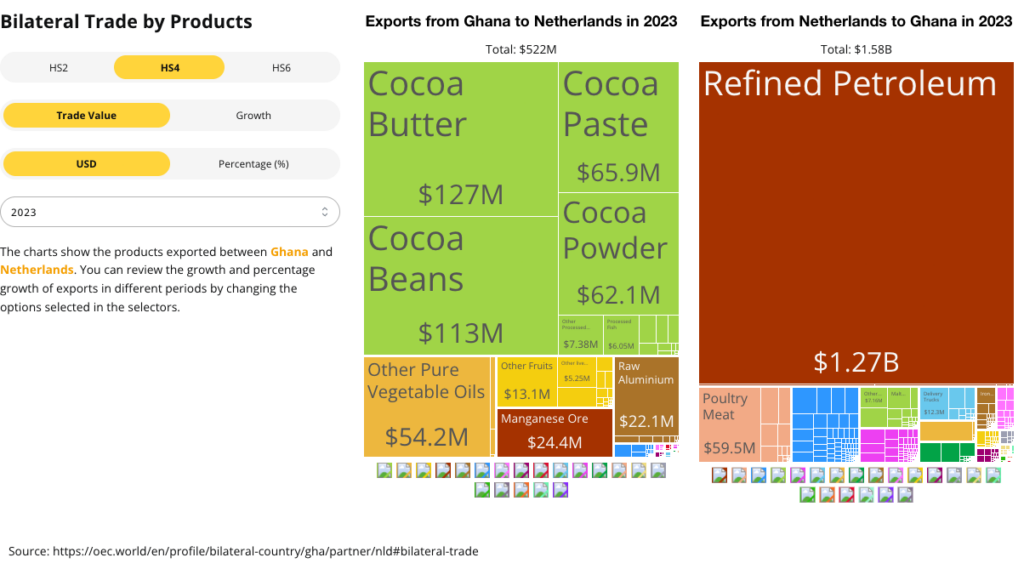
Don’t Wait for the System to Bend—Go Around It
Young Africans already know how to bend systems. When governments tried to suppress mobile networks during the 2024 protests in Kenya, youth deployed Starlink nodes, switched to walkie-talkie apps, and coordinated through Telegram and Zello. They didn’t wait for institutions—they worked around them.
That same energy, pointed at trade and production, could quietly dismantle the monopolies that dominate Africa’s markets.
The goal isn’t scale. It’s spread. Hundreds of micro-producers, value-adders, and traders—digitally connected, regionally aware, and powered by inexpensive tools—can do what one big player cannot: make the system irrelevant.
Buy the Machines. Build the Hubs. Break the Patterns.
The tools exist. You can buy a freeze-drying machine from China for under Kshs 1 million. With that, a group of young people in Tanzania could process mangoes that would otherwise spoil. Meanwhile, Tanzania imports over a million metric tons of wheat annually—despite its vast arable land. Uganda, a sugar producer, still imports up to 100,000 metric tons of sugar some years from neighbours. Malawi has the raw materials for fertiliser but continues to import most of what it uses. These aren’t gaps—they’re opportunities.
Young entrepreneurs can seize these cracks in the system. Start producing locally. Sell regionally. Create trust-based trade corridors. Forget “export readiness”—get the product moving through WhatsApp, courier collectives, and mobile money.
Informal Trade is Real Trade
Cross-border trade happens every day without clearance houses or treaties. Boda bodas carry sugar, fish, and tea across borders. Traders in Goma source bananas from Uganda in bulk. A peanut butter maker in Kisumu might already be supplying buyers in Busia, without either of them caring about AfCFTA’s pilot phase.
These networks work because they’re built on trust, speed, and human connection—not bureaucracy. They already exist. All that’s left is for us to build on them intentionally.
Treat Intra-African Trade as a Hackathon
Let’s be honest—AfCFTA is still more PowerPoint than policy. Its promise is noble, but its progress is glacial. Meanwhile, people need income and access now.
Think of intra-African trade as a hackathon:
- QR-coded goods with peer-verified provenance.
- Cooperative shipping routes using buses and trucks already on the move.
- Community currencies like Sarafu-Credit to bypass cash flow problems.
- Peer-to-peer dispute resolution over mobile platforms.
You don’t need a trade policy to move avocado oil from Meru to Maputo. You need a freezer, a buyer, and someone to drive.
Build So the System Has to Catch Up
Every time a new mini-processing hub is born in rural Lesotho or southern Malawi, the logic of centralisation weakens. Every successful cross-border WhatsApp deal dents the formal system’s monopoly.
Zimbabwe doesn’t need another edible oil import deal—it needs local oil presses. South Africa doesn’t need cheaper chicken from Brazil—it needs decentralised poultry processing in Limpopo and the Eastern Cape. Nigeria doesn’t need another food import bill—it needs young food scientists with access to peanut grinders, dryers, and safe packaging materials.
If enough of these emerge—and they are emerging—governments will adjust. Not because they want to, but because they’ll be forced to make sense of what already works.
This Isn’t a Vision. It’s a Playbook.
- A Tanzanian collective dries tomatoes for sale to Congolese restaurants via cross-border matatus.
- A Senegalese shea cooperative sets up cold-pressed oil production, coordinated on Signal with partners in Accra.
- A South African poultry co-op sells processed chicken via QR code orders, delivered by spaza-based courier crews.
- A Malawian group designs its own community currency to avoid cash flow volatility and keeps trade moving internally.
All of this is happening—or could be happening tomorrow. What’s missing isn’t money or policy. It’s the belief that scale isn’t the only path to power.
The Point Isn’t Reform. It’s Rejection.
Don’t reform the system. Confound it. Refuse to play by rules that were never meant to include you. Create trade that’s distributed, informal, and human. Trade moves not through policy but through necessity and courage.
Africa doesn’t lack solutions. It lacks permission. So stop waiting for it.
Start with the Journey, Not the Deal
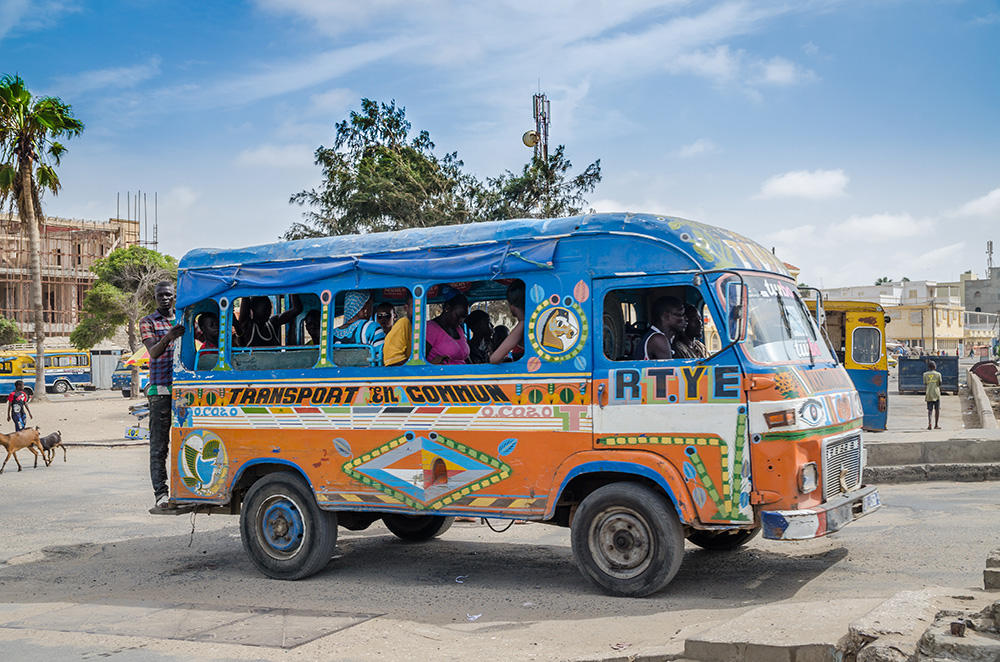
Trade begins long before a product crosses a border. It starts when someone books a bus, hops on a flight, or takes a long road trip just to see what’s out there.
If you’re in Mbale and you’ve never been to Kigali or Lusaka, you’re trading blind. Travel reveals the unspoken logic of a place—the smells, the tastes, the way people bargain, what’s in demand, and what’s ignored. You walk through a market and realise your community throws away what another town imports. That’s how opportunity becomes obvious.
What we need is more movement—not for conferences or policy summits, but for the sake of friendship, curiosity, and observation. Go somewhere, stay with someone, help out in their business, eat with their neighbours, get lost in their streets. That’s when ideas for trade make sense. You see gaps. You find partners. You build trust.
This kind of travel is often dismissed as social. But it’s how real trade networks form. A mango processor in Malindi meets a peanut roaster in Tamale. A graphic designer in Harare spends time with artisans in Abidjan. They don’t start with spreadsheets—they start with stories.
Encouraging youth to travel, link up, and see what others are doing could do more for intra-African trade than a thousand policy workshops. People build trade routes. Algorithms just follow them later.
READ ALSO: Today’s “Empower is the same as yesterday’s “Civilize”
